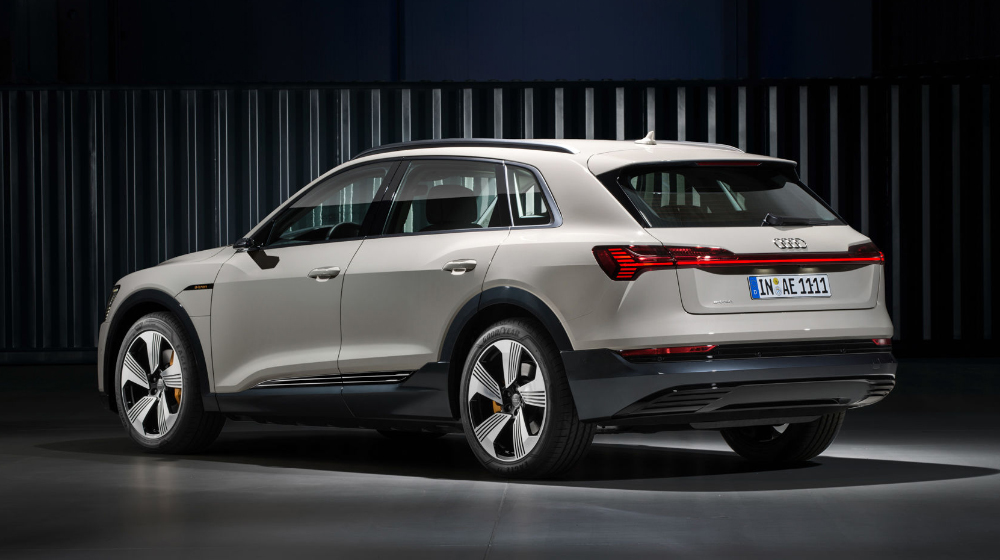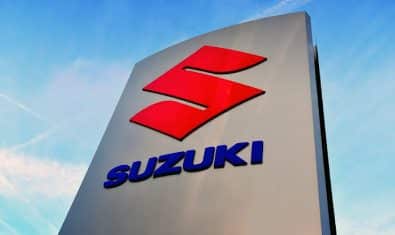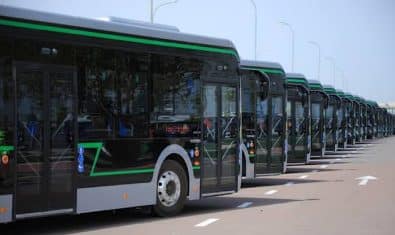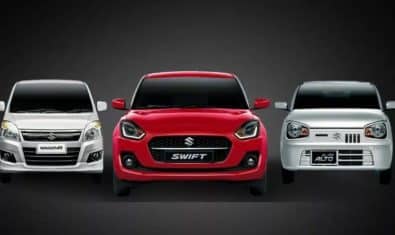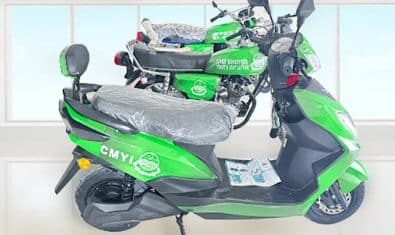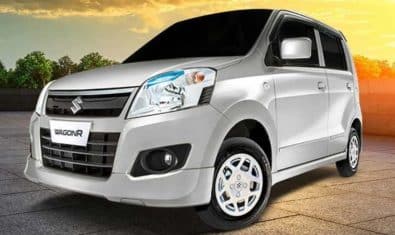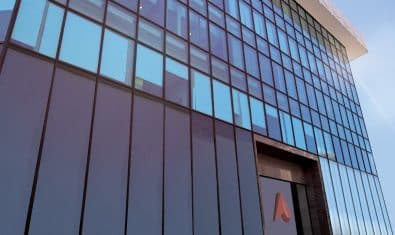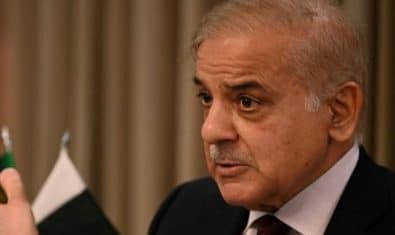With the economy of Pakistan taking a turn for the worse in the past year, the country’s electric vehicle (EV) industry has become a distant dream.
Engineer Asim Ayaz, Engineering Development Board’s (EDB) Policy Manager, told WealthPK that EVs are environmentally beneficial and could lessen the country’s dependence on imported oil, which accounts for a large amount of its import cost.
EDB has licensed 12 of 21 companies to manufacture and assemble EVs in Pakistan. Ayaz highlighted that the current EV adoption rate in Pakistan is 2.2% for two- and three-wheelers and 0% for four-wheelers, which is very low.
He added that MG and DICE Foundation are in the process of getting a license to assemble EVs in Pakistan. Ayaz highlighted:
To increase the EV purchasing intent and promote the EV development in Pakistan, we may have to make some important policy suggestions as a result of our findings, which offer key insights for rapid adoption and acceptance of EVs. Lack of charging infrastructure is a major challenge for wider adoption of EVs in Pakistan. The participating companies are not fully prepared to fulfil the requirements of charging stations [installation] and their successful work. The government needs to invest in the charging stations across the country.
Director of the Centre for Business and Economic Research at the Institute of Business Administration (IBA) Dr. Junaid Alam Memon added that Pakistanis are unfamiliar with EVs and their benefits.
Memon spoke in favor of EV production in Pakistan, stating that the national EV policy is achievable because EVs are easier to produce, have fewer parts, and require fewer personnel on the assembly line. They are cheaper and easier to maintain.
Reality Check
Although Memon’s statement is somewhat correct, there is a crucial detail missing from his argument. Current EVs are, by design, tremendously expensive to manufacture due to the cost of electric motors, chassis, and battery development.
Along with that, EVs currently do not have a lifespan as long as a conventional fuel-powered car, which weakens their case. The average life of a car with an Internal Combustion Engine (ICE) is up to 15 years, while an EV only lasts up to a decade.
At the end of its lifespan, an EV requires a battery replacement, which is extremely arduous and cost-intensive. An ICE car is much easier and cheaper to restore.
Furthermore, recharging an EV is not as easy as refueling an ICE car.
For starters, The quickest time for an EV to recharge has been recorded at 15 minutes. The EV in question was a Lucid Air, which is a Premium and extremely expensive EV.
Comparatively, an average ICE car barely takes 5 minutes to refuel. If you think about charging your EV at home, you will require a proper, fairly expensive charging setup, which takes up to 12 hours to recharge a car fully.
While China has addressed that development cost concern to a certain degree, it must be noted that it was thanks to economies of scale when it comes to production.
For Pakistan to get cheap EVs, automakers must first completely indigenize the production and create a real need for them to push the sales, despite the hefty price tags. In the current economic situation, that seems impossible.
